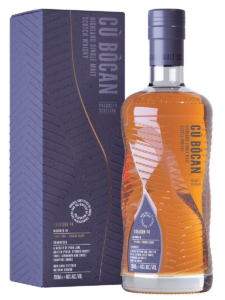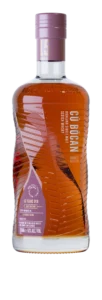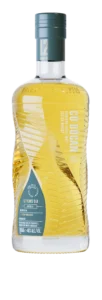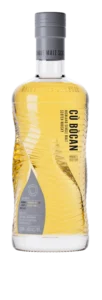- Cù Bòcan
European Virgin Oak Casks
- on


Although it only became a legal requirement to mature Scotch whisky in oak casks in 1915, this is a practice that had been documented a long time before that. In fact, the first record of wood having an influence on the quality of a whisky comes from almost 100 years earlier when Elizabeth Grant wrote in 1822 of “whisky long in wood… mild as milk”. Scotland, however, suffers from a lack of oak suitable to make casks with, which meant distillers had to rely on second hand casks from around the world.
Throughout the 19th century these largely took the form of fortified wine casks from Europe, particularly the Sherry casks of Jerez. Into the 20th century Bourbon barrels became more prevalent, initially as a result of mechanisation and more significantly due to a change in Bourbon legislation which stated that Bourbon had to be matured in fresh oak casks. This saw the volume of available bourbon barrels increase and the price drop. Today over 80% of the whisky in Scotland is matured in casks that at some point held Bourbon.
However, as the single malt category has grown exponentially over the past 20 years, distillers have looked to experiment with a wider array of casks than ever before. The result? An abundance of new flavours and complexity into their spirit. This has led to some producers working with virgin oak varieties. These are casks which are made with fresh oak which has been dried, coopered and heat treated to the distiller’s specification.
Virgin oak casks add a huge amount of flavour and colour in a much shorter period of time than second hand casks but so far the majority of these virgin oak casks have been made of American oak. This favouring of American oak has been driven by availability rather than preference; today even around 90% of sherry casks are made with American oak. American oak is known to add sweetness, particularly in the form of vanilla and coconut and it is one of the components in our signature expression.
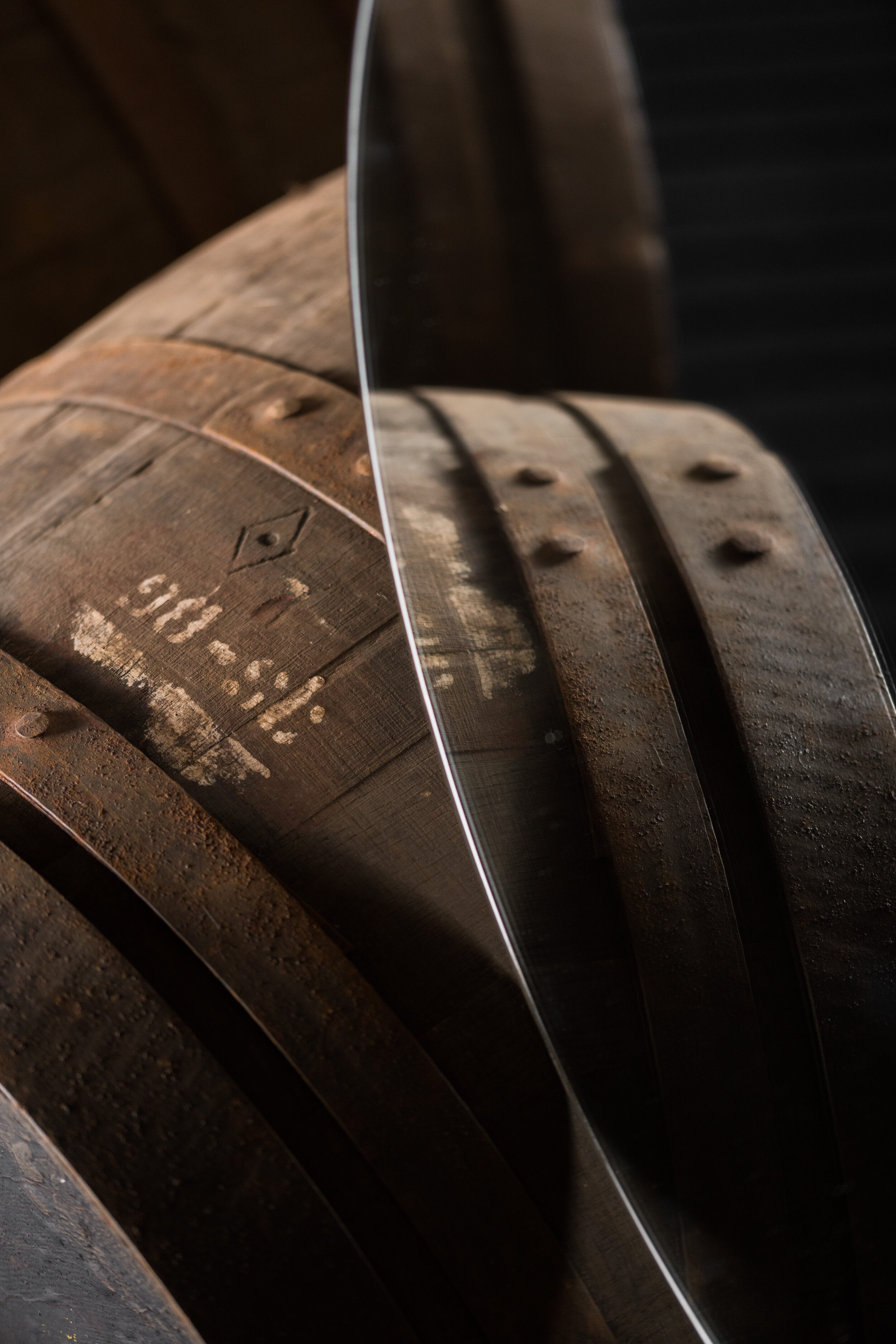
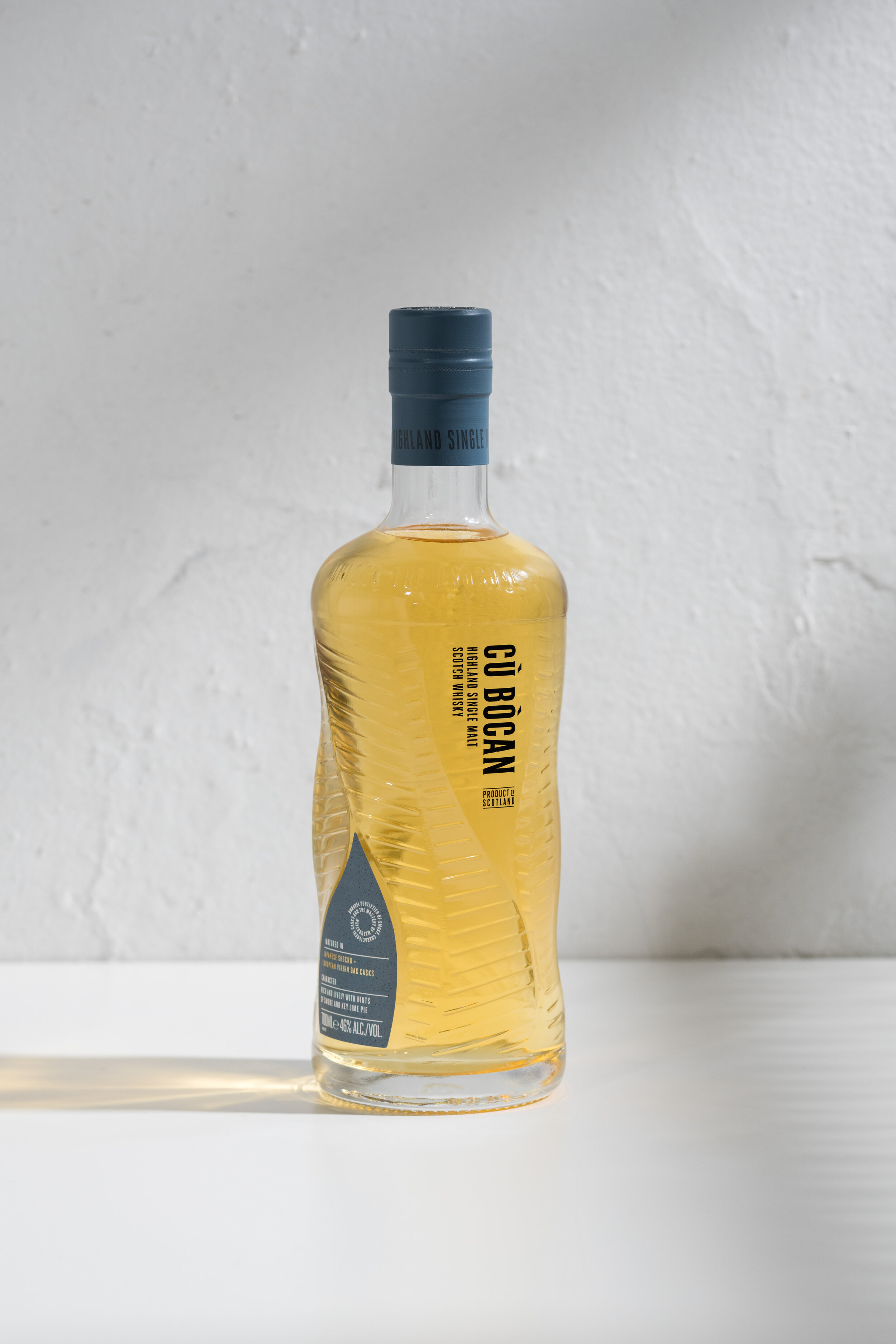
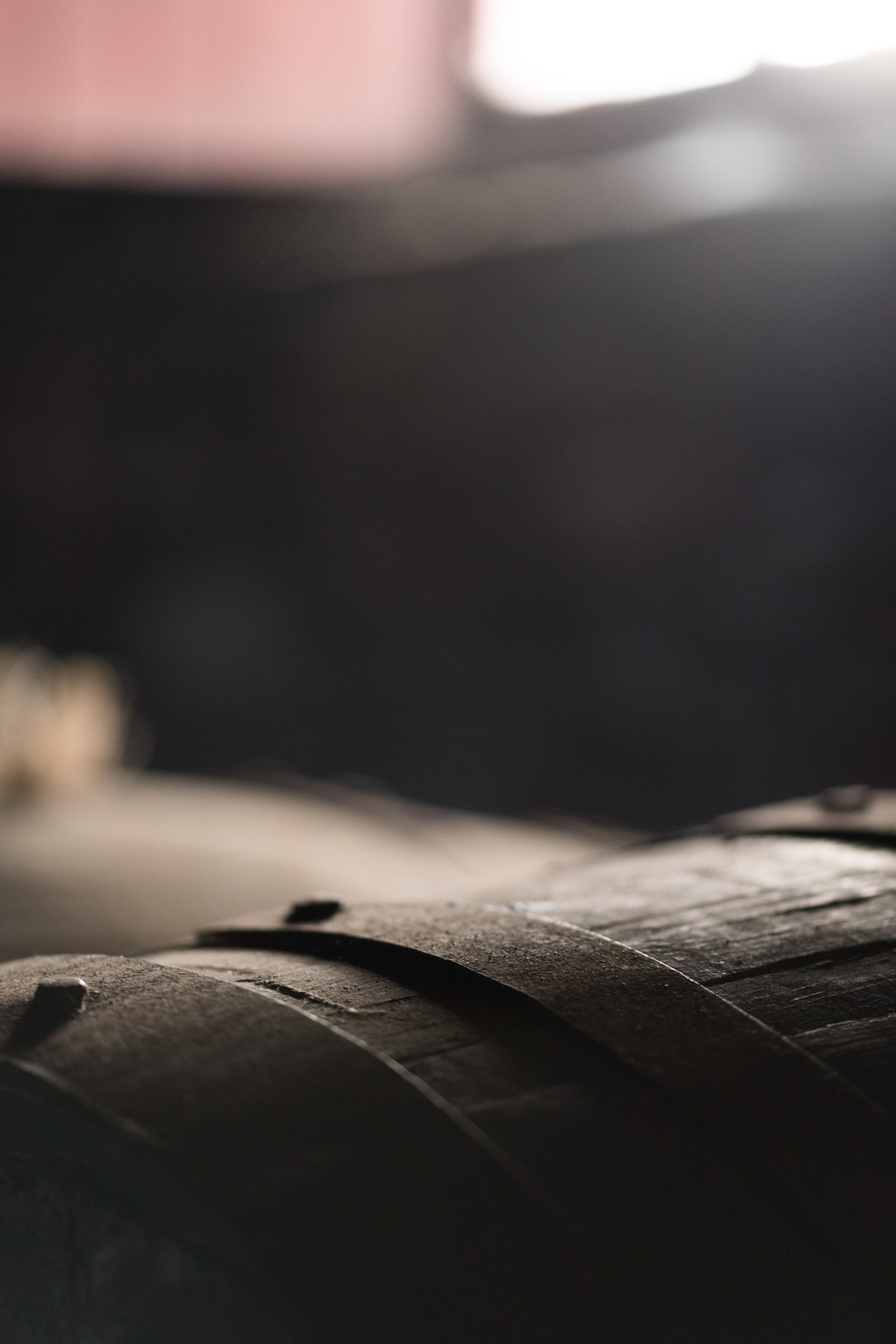
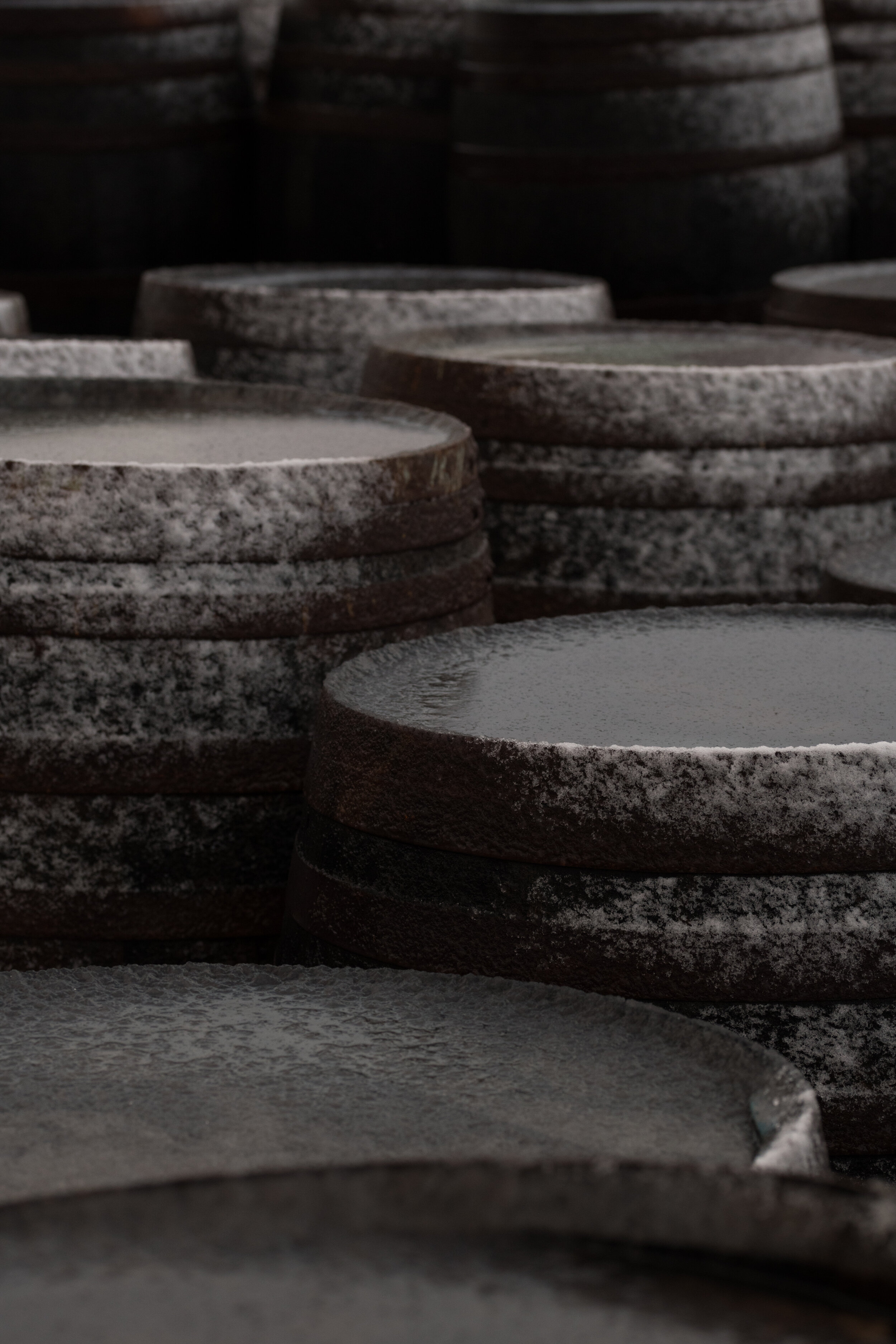
In contrast, European oak is softer which allows more interaction with the spirit and produces a deeper, richer, and spicier flavour. We filled a small amount of Cù Bòcan spirit in these casks in 2014 and they imparted notes of maple syrup, toasted walnuts and exotic spices. Most importantly for Cù Bòcan Creation #2 they add a huge amount of texture which, when married with the Japanese Shochu casks, created a whisky which was both rich and lively; a real exploration of texture!
https://www.cu-bocan.com/our-creations

